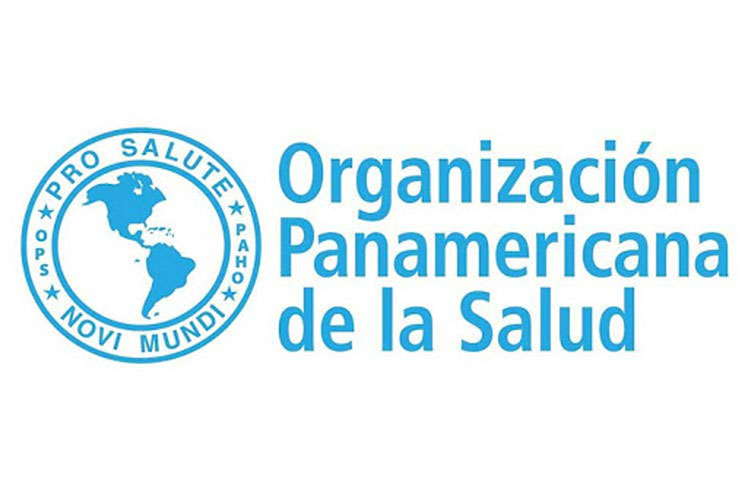The Pan American Health Organization (PAHO) and the Joint United Nations Program on HIV/AIDS recognized the pivotal role played by communities in their commitment and leadership to speed up a response to fight off HIV/AIDS.
PAHO Director Jarbas Barbosa called on regional communities to lead the fight against HIV/AIDS in order to eliminate it in the Americas.
We´re in the last mile to reach the goal of ending AIDS as a public health challenge, and this journey is only possible by empowering those communities most affected and being left behind, said UNAIDS Regional Director for Latin America and the Caribbean, Luisa Cabal.
Their leadership is essential in all plans and programs against HIV and for such a reason they must have funding and protective rules for their operation, she added.
In order to expand HIV services to HIV populations and carriers, both agencies are carrying out the Soy Clave initiative in 11 Latin American and Caribbean countries, with partnerships that support accelerated responses to promote people-centered service models.
Among strategies to reach those most in need are information services, HIV self-testing, antiretrovirals as a prevention method and treatment to achieve an undetectable viral load and break the chain of transmission.
In addition, community-based actions increase the acceptance and retention in care of men who have sex with men, sex workers, transgender people and drug users, populations considered key to the HIV response and among whom most new infections are reported.
In Latin America and the Caribbean, about 2.5 million people are living with HIV. In 2022, some 130,000 individuals acquired the virus and 33,000 died.
Currently, advances in medicine and public health allow for rapid diagnosis, combined prevention methods and effective treatment against the virus.
pll/npg/crc









